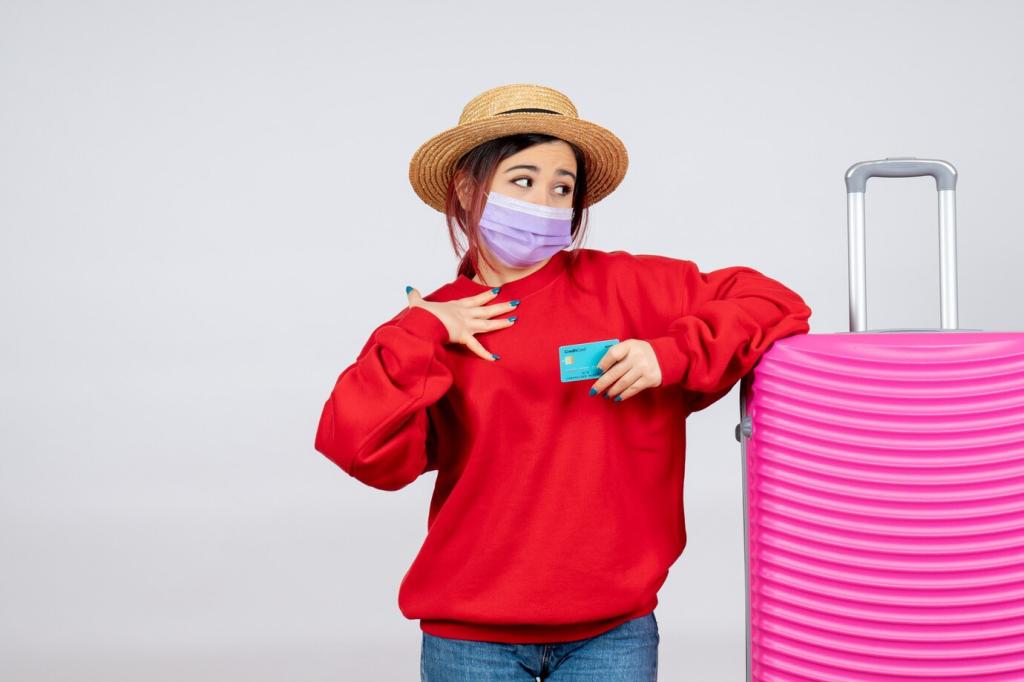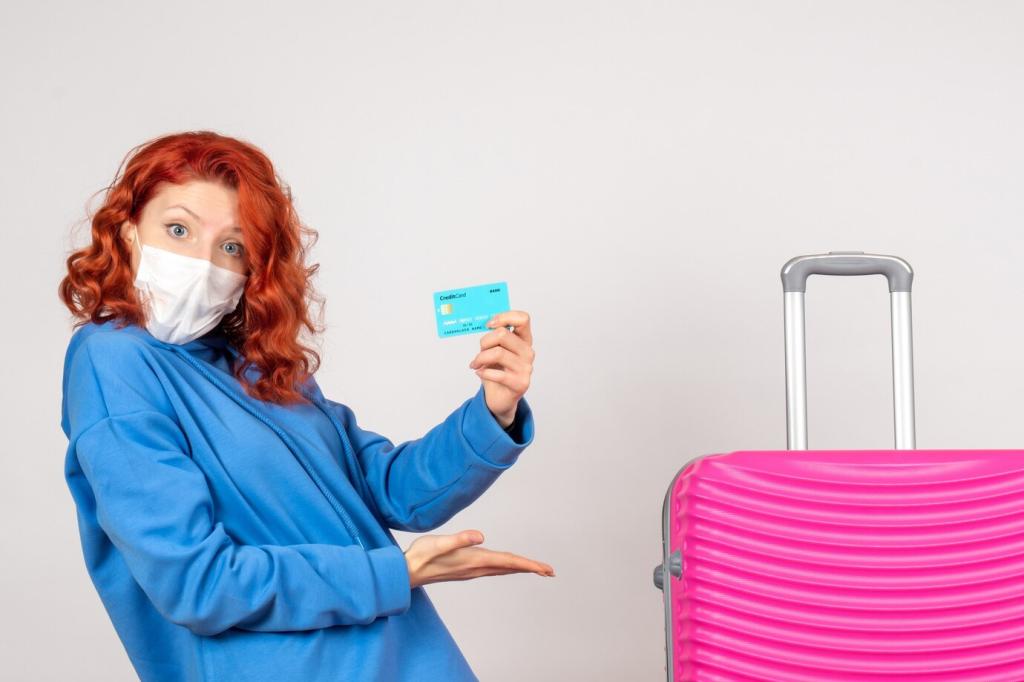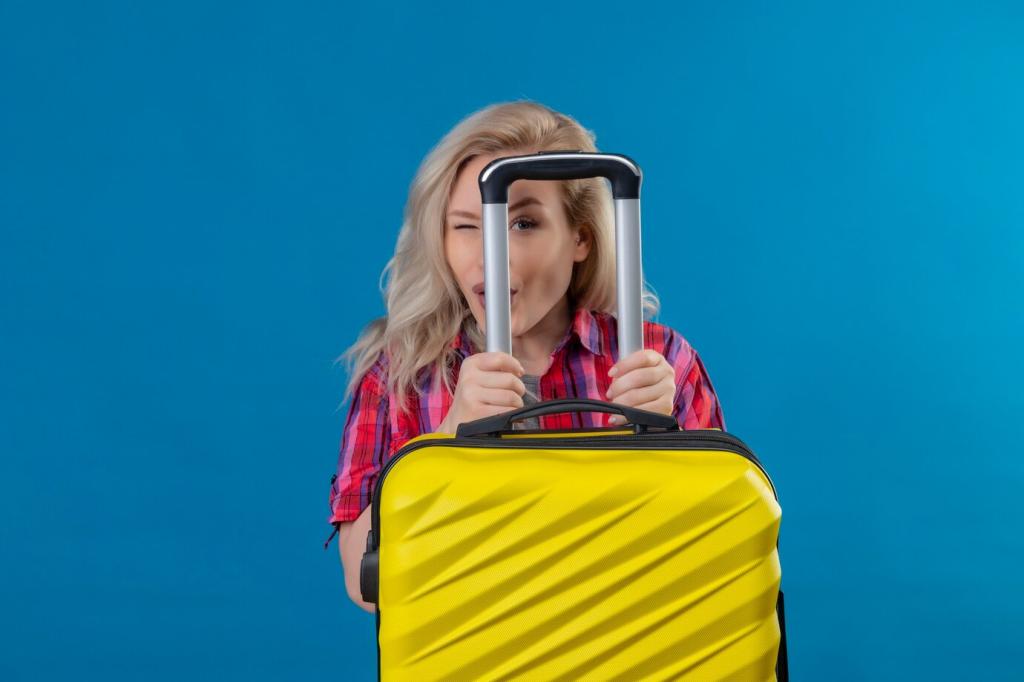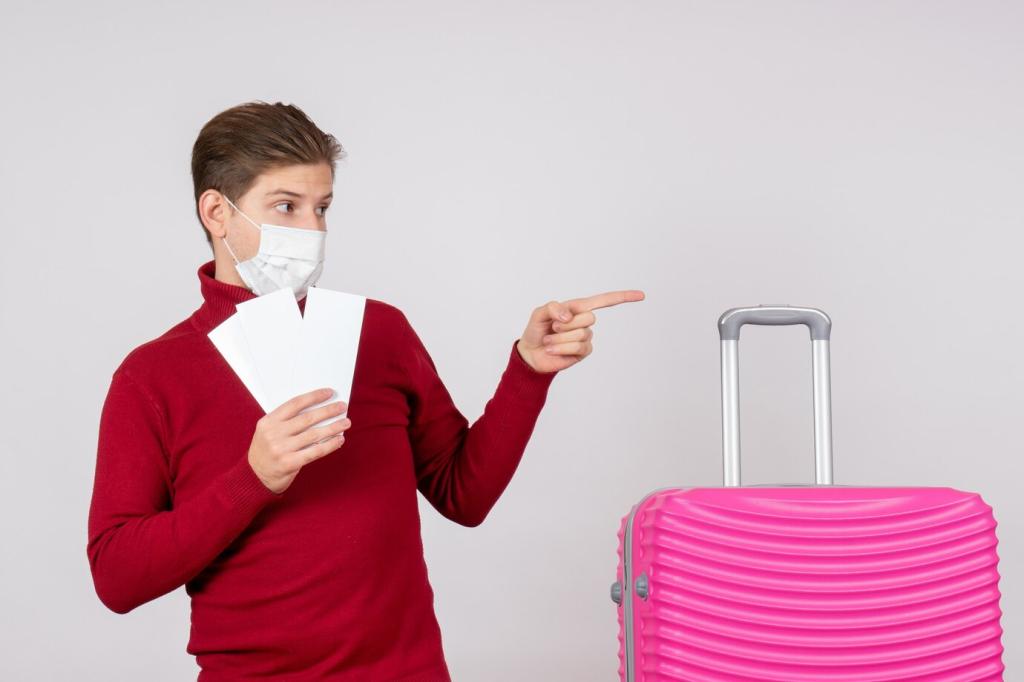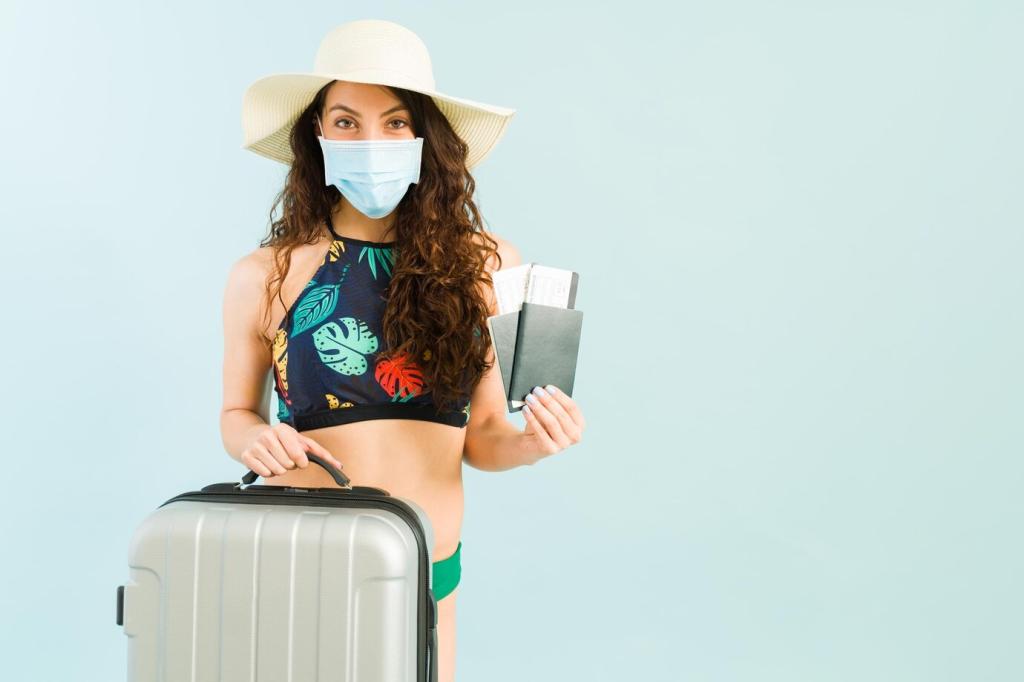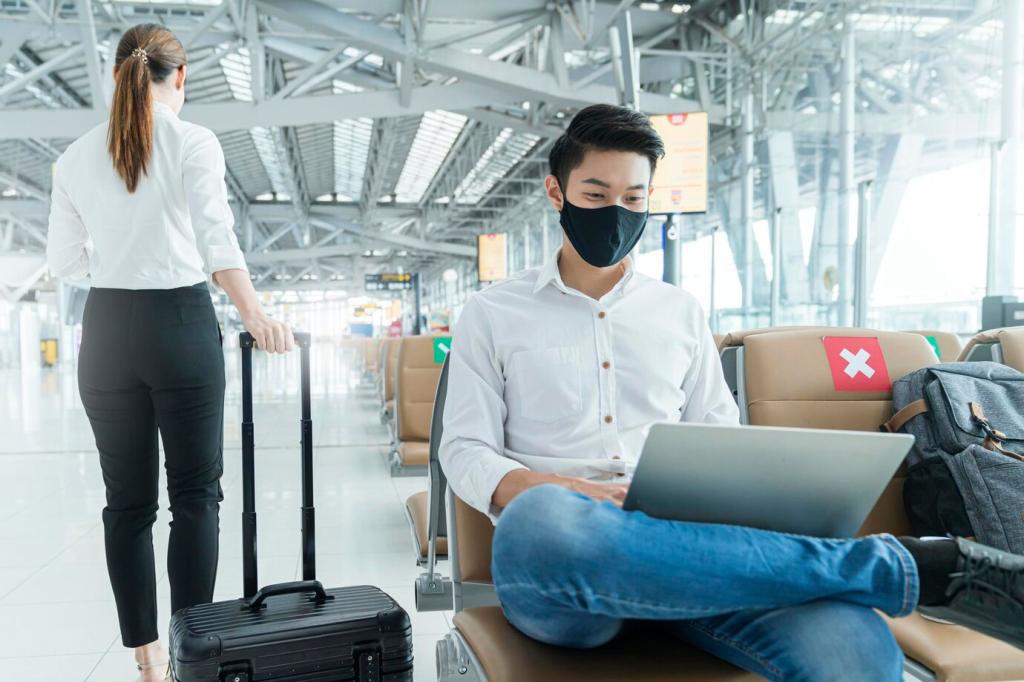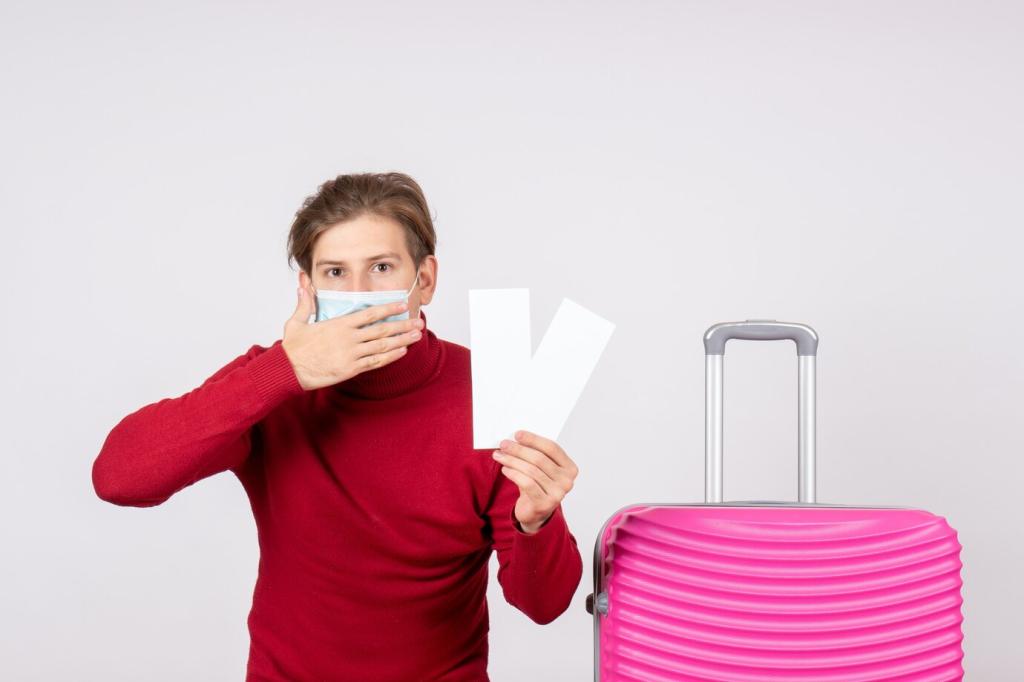Start Strong: Pre-Trip Health Planning for Every Age
Book pediatric, adult, and senior checkups early, especially if vaccines are recommended four to six weeks before departure. Confirm routine immunizations and region‑specific shots, ask about flu and COVID‑19 boosters, and discuss Tdap for caregivers of infants. Align schedules so everyone is covered, then add reminders so no one misses an appointment.
Start Strong: Pre-Trip Health Planning for Every Age
Do a medication reconciliation with each traveler, listing generic names, dosages, and timing. Pack medicines in original containers, in carry‑on, with a doctor’s letter for controlled substances. Prepare a time‑zone dosing chart, include a 90‑day supply if allowed, and print drug names in the destination language to simplify pharmacy conversations.

